Local civil society organization PARCEM has raised concerns over Burundi’s ongoing foreign currency shortage, attributing the crisis to a decline in exports, rising public debt, and the suspension of foreign aid. In a statement released on Monday, PARCEM warned that these factors are severely hindering the country’s development goals.
“Regarding foreign currency reserves, we observe a mixed trend in exports, increasing slightly from 206 billion BIF to 208 billion BIF when comparing the last quarters of 2023 and 2024. This weak growth is primarily due to minimal increases in coffee, tea, and mineral exports, except for gold to a lesser extent. In some cases, there is no proper traceability of these exports in the national budget,” according to the statement posted on X.
Beyond export stagnation, public debt has surged significantly, rising from 6,000 billion BIF to 7,000 billion BIF. “This debt now accounts for over 50% of GDP, exceeding the 50% ceiling set by the East African Community’s convergence criteria. Additionally, capital expenditure has been shrinking, falling from 397 billion BIF last year to 217 billion BIF,” PARCEM added.
PARCEM’s concerns follow the latest report from Burundi’s Central Bank, which recently published its monetary policy statement for the first quarter of 2025. According to the report, total public debt increased by 15.1%, rising from 6,221.5 billion BIF to 7,161.1 billion BIF. The surge is mainly attributed to a 20.5% rise in domestic debt, while external debt increased by 2.2%. The total public debt now represents 50.4% of GDP, compared to 53.8% in the same period last year, exceeding the 50% threshold set by regional macroeconomic stability criteria.
PARCEM also pointed to a significant rise in imports, which have exceeded 700 billion BIF, coupled with a sharp decline in capital grants. These grants, which were expected to offset the trade imbalance, dropped from 189 billion BIF to 89 billion BIF. The civil society group warned that this shortfall is exacerbating difficulties in securing foreign currency needed for essential imports and international financial commitments.
In light of these economic challenges, PARCEM has urged authorities to take urgent measures to revive Burundi’s economy. The organization called for stronger support for export sectors, an improved business climate, increased investment spending in the national budget, and measures to curb inflation.
The Monetary Policy Committee convened last week to assess recent macroeconomic developments at the international, regional, and national levels. It also reviewed the effectiveness of past monetary policy decisions and outlined new measures for the upcoming period. Despite the restrictive monetary stance, inflationary pressures remain high, and inflation expectations are soaring.
The Central Bank has set a medium-term goal of gradually bringing inflation down to around 8%. It also emphasized the need to secure fuel supplies and strengthen the coordination of monetary and fiscal policies to enhance the effectiveness of economic policy instruments.
Burundi continues to grapple with the severe effects of the economic crisis at both national and international levels. Key contributing factors include the acute shortage of foreign currency, which is straining the domestic economy, and widespread inflation, which is significantly reducing the purchasing power of Burundians. As the economic landscape worsens, concerns are mounting over the government’s ability to manage these challenges effectively and steer the country toward sustainable economic stability.

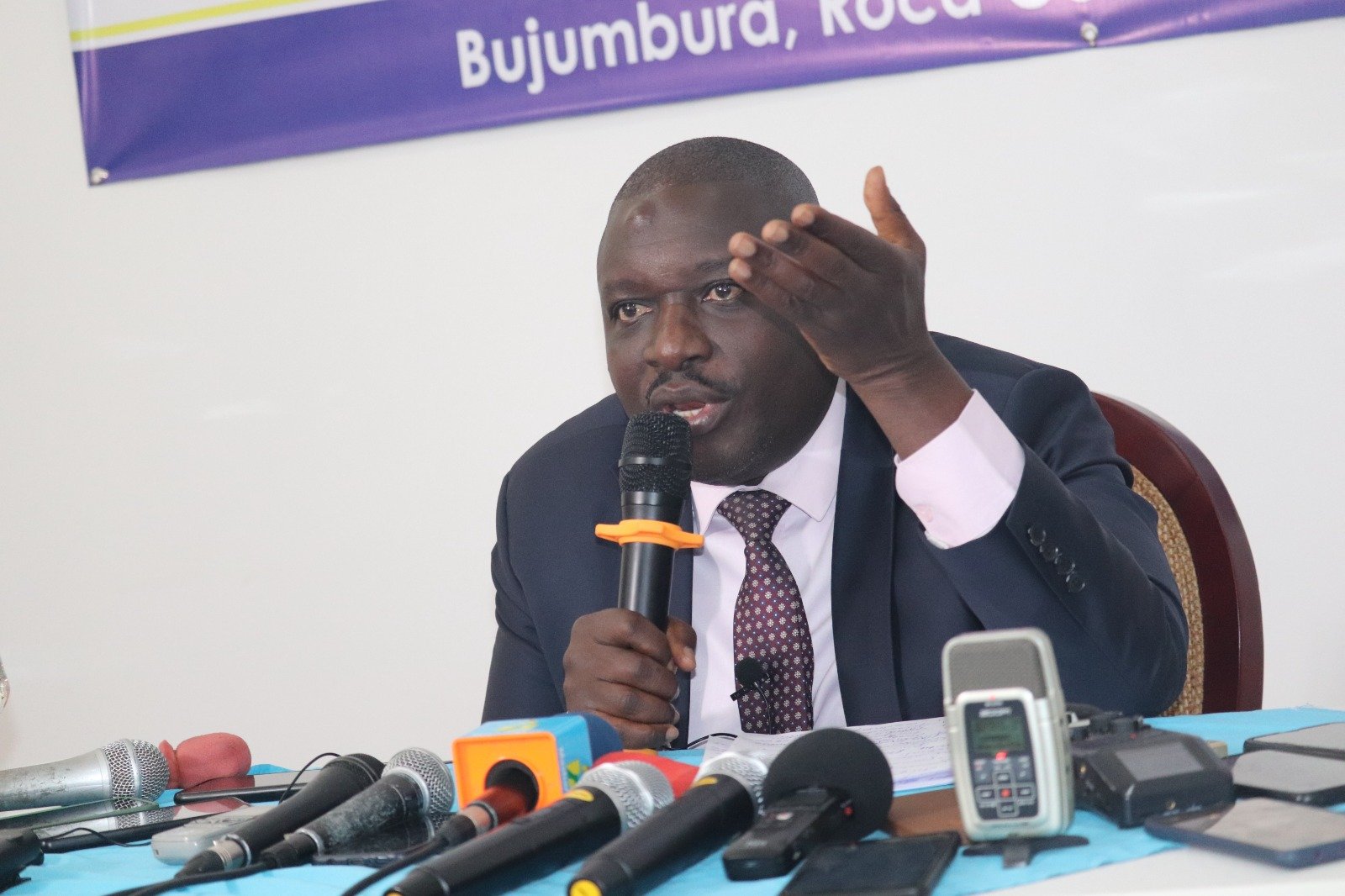
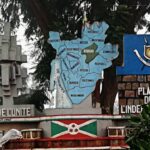
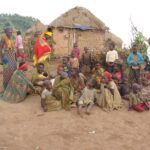
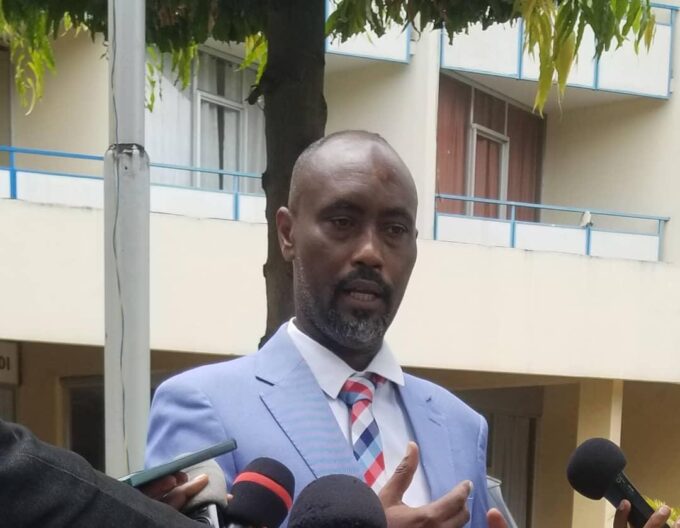
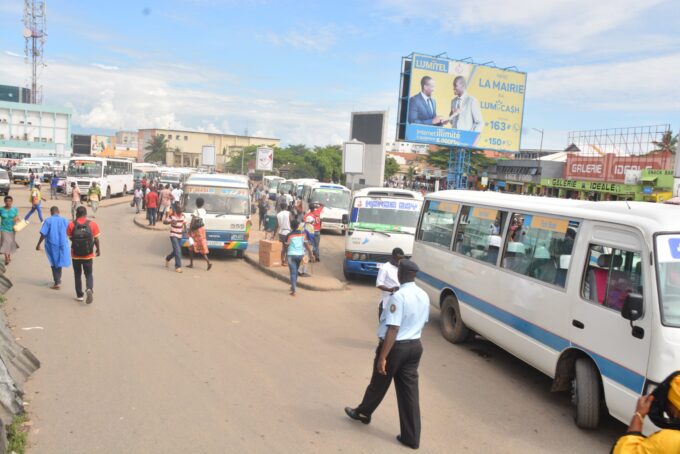
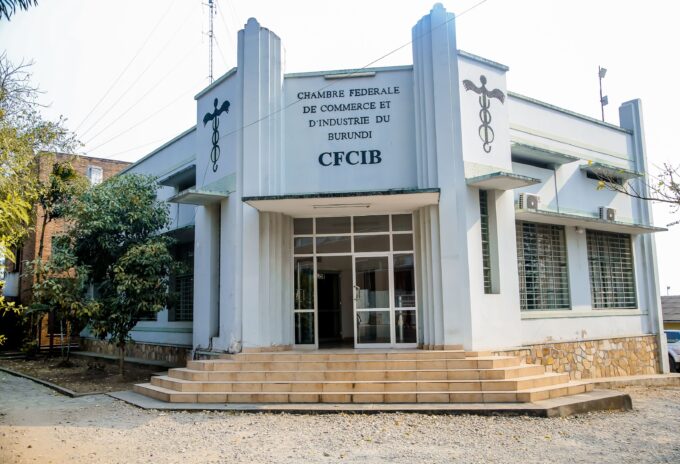
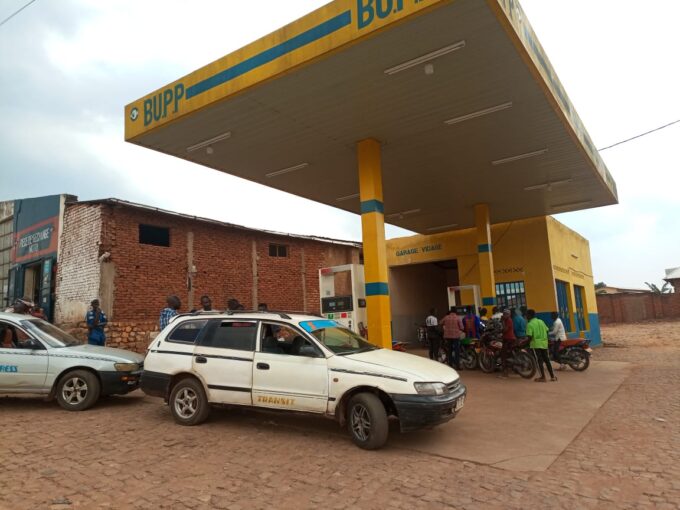
Leave a comment